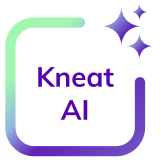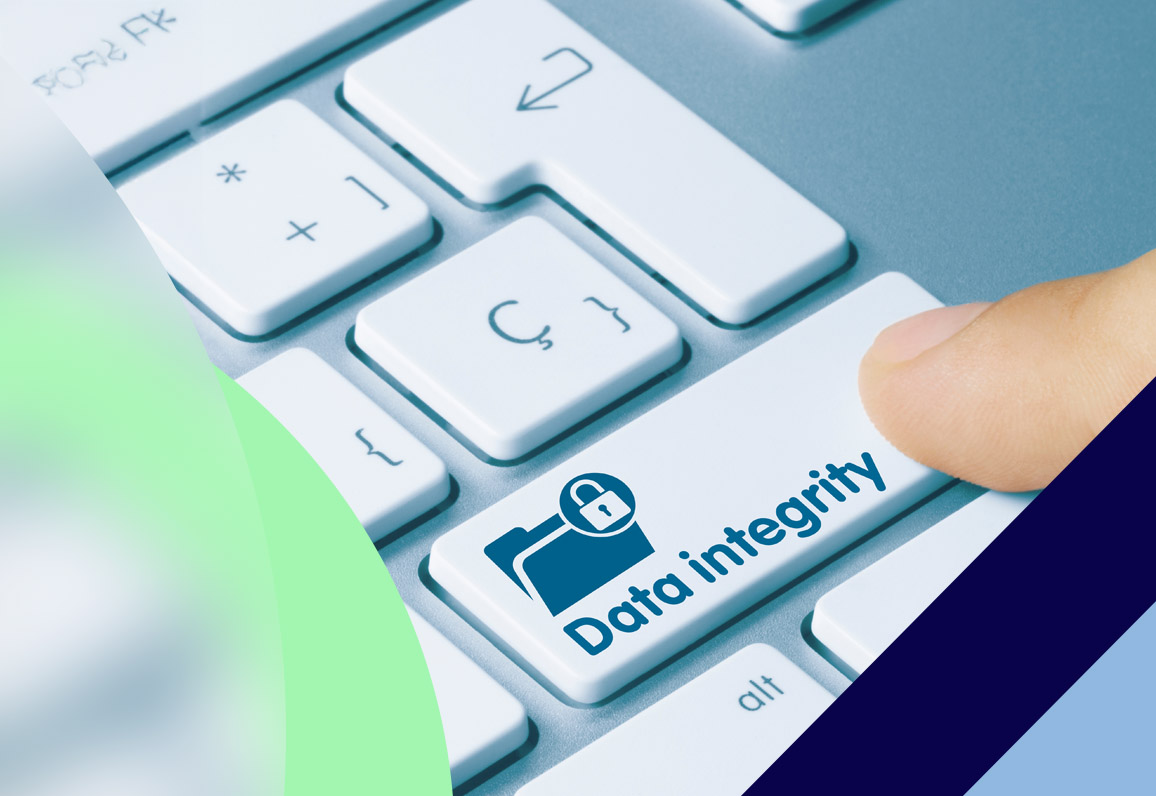Summary
- Data integrity ensures your data is accurate, consistent, and reliable throughout its entire lifecycle — from collection to long-term storage — and is essential for regulatory compliance and patient safety.
- ALCOA++ framework has evolved beyond the original ALCOA principles to include completeness, consistency, endurance, availability, and traceability — critical for modern digital systems.
- FDA 21 CFR Part 11 establishes the rules for electronic records and signatures, requiring validated systems, secure audit trails, and controls to prevent unauthorized data changes.
- Global regulators (FDA, EMA, MHRA) all enforce data integrity standards, so life sciences companies must be prepared to demonstrate compliance at any time.
- Digital validation solutions are now essential for maintaining data integrity across clinical trials, manufacturing, and quality control while meeting evolving regulatory requirements.
A guide to understanding regulations and best practices for life sciences
In the life sciences industry, data integrity is a cornerstone of compliance and product quality. From drug manufacturing to clinical trials, ensuring data is accurate, reliable, and secure is crucial. In fact, regulatory bodies like the U.S. Food and Drug Administration (FDA) have strict regulations around how data should be managed and recorded. For life sciences companies, ensuring data integrity is not just about meeting regulatory requirements — it’s about maintaining patient safety, product quality, and trust in the industry.
This article explores the concept of data integrity, delves into key regulations such as FDA 21 CFR Part 11, and explains frameworks like ALCOA, ALCOA+, and ALCOA++. Understanding these concepts is essential for companies striving to meet modern data integrity standards in the pharmaceutical and biotech sectors.
What is data integrity?
Data integrity refers to the accuracy, consistency, and reliability of data throughout its lifecycle — from initial data collection to its long-term storage. Ensuring data integrity means that the data has not been altered or corrupted, is properly documented, and can be traced back to its origin. For life sciences companies, this is critical, as data is the foundation upon which regulatory approvals, manufacturing decisions, and safety protocols are built.
Data integrity ensures that records and data used in decision-making processes are:
- Attributable: Every action can be traced back to a specific individual.
- Legible: Data is readable and understandable.
- Contemporaneous: Data is recorded at the time of the activity.
- Original: Documents are the original or certified true copies.
- Accurate: Data reflects what was actually observed.
These principles are further formalized in various regulatory frameworks and guidelines, such as FDA 21 CFR Part 11 and the ALCOA+ framework.
Learn everything you need to know about Data Integrity in The Data Integrity Handbook. You’ll get expert insights into ensuring compliance throughout your entire lifecycle. Download your copy now !
ALCOA, ALCOA+, and ALCOA++: Evolving standards for data integrity
Originally developed by the FDA, ALCOA outlines the core principles for ensuring data integrity. However, as the complexity of life sciences data has grown, so have the standards. The framework has evolved into ALCOA+, adding the following four criteria:
- Complete: Data must be recorded in its entirety, with nothing omitted.
- Consistent: Data must be presented in chronological order, and all steps must be documented uniformly.
- Enduring: Data must be preserved in a durable format for the long term.
- Available: Data must be readily accessible when needed.
In recent years, ALCOA++ has emerged, adding yet another layer of complexity. The “++” emphasizes the importance of traceability, which ensures that every action related to a data point is recorded, from its creation to its modification, review, and eventual archival. ALCOA++ is especially relevant in digital systems, where robust audit trails and secure data management protocols are critical to demonstrating compliance.
FDA 21 CFR Part 11: The foundation of digital data integrity
21 CFR Part 11 is a regulation set by the U.S. Food and Drug Administration (FDA) that establishes the criteria under which electronic records and electronic signatures are considered equivalent to paper records and handwritten signatures. This regulation applies to pharmaceutical, biotechnology, and medical device companies that are required to maintain data integrity in all stages of their processes.
Under 21 CFR Part 11, companies must ensure that:
- Electronic records are trustworthy and reliable.
- There are controls in place to prevent unauthorized access or changes to data.
- Systems are validated to ensure that they function as intended.
- An audit trail is maintained to track all changes, who made them, and when.
- Electronic signatures are secure and linked to the record in a verifiable way.
For companies that are adopting digital validation solutions, compliance with 21 CFR Part 11 is a must. This regulation ensures that digital records and signatures meet the same integrity standards as traditional paper-based methods, allowing companies to embrace digital transformation without compromising regulatory compliance.
Data integrity regulations in life sciences
Data integrity is regulated across the globe by different authorities, each with their own requirements. The goal of these regulations is to ensure the integrity of data used in regulated activities, ensuring the safety and efficacy of drugs, biologics, and medical devices.
Here are some key regulatory bodies and their role in ensuring data integrity:
- FDA (U.S.): Enforces 21 CFR Part 11 and various other regulations that ensure electronic data integrity in pharmaceuticals, biologics, and medical devices.
- EMA (European Union): The European Medicines Agency (EMA) enforces strict guidelines for maintaining data integrity throughout the drug development lifecycle.
- MHRA (UK): The Medicines and Healthcare products Regulatory Agency (MHRA) monitors and enforces data integrity for companies selling products in the UK.
While specific requirements may vary by jurisdiction, the underlying principles are consistent: data must be accurate, complete, and available for inspection throughout its lifecycle. Companies must be prepared to demonstrate their compliance with these standards at any time.

Data integrity in the pharmaceutical industry
In the pharmaceutical industry, data integrity is vital to ensuring that drugs are safe, effective, and produced consistently. Whether it’s during drug development, clinical trials, manufacturing, or post-market surveillance, maintaining data integrity is essential to achieving regulatory approval and safeguarding patient safety.
For example:
- Clinical Trials: Data generated during clinical trials must be meticulously recorded, verified, and secured to ensure that it accurately reflects the outcomes of the study. Any discrepancies in the data could delay regulatory approval or, worse, compromise patient safety.
- Manufacturing: During drug manufacturing, companies rely on data to ensure that processes are consistent, ingredients are properly measured, and products meet quality standards. Data integrity in manufacturing ensures that drugs are produced in compliance with GMP (Good Manufacturing Practices) regulations.
- Quality Control: Data integrity is key to proving that a pharmaceutical product meets regulatory standards. Validation of analytical methods, manufacturing processes, and quality control testing must all adhere to data integrity principles.
With the increasing reliance on digital systems in the pharmaceutical industry, ensuring data integrity has become more challenging — but also more critical. Companies need robust digital validation solutions that can manage and secure data in compliance with 21 CFR Part 11, ALCOA++, and other global regulations.
Conclusion
For life sciences companies, data integrity is no longer a simple checkbox — it is a complex and evolving responsibility that is central to regulatory compliance and product quality. With the advent of digital validation solutions, maintaining data integrity is more important than ever. Compliance with regulations like FDA 21 CFR Part 11 and adherence to frameworks like ALCOA++ are essential to ensuring that data is reliable, secure, and accessible throughout its lifecycle.
Investing in the right digital tools and validation processes will help your company not only meet regulatory requirements but also improve operational efficiency and foster trust in your products.
Stay ahead of the curve by prioritizing data integrity in all aspects of your operations — and ensure that your digital validation systems are up to the task. Kneat’s data integrity expert, Olivia Calder, breaks down ALCOA and the future of data integrity, watch the on-demand webinar now.







